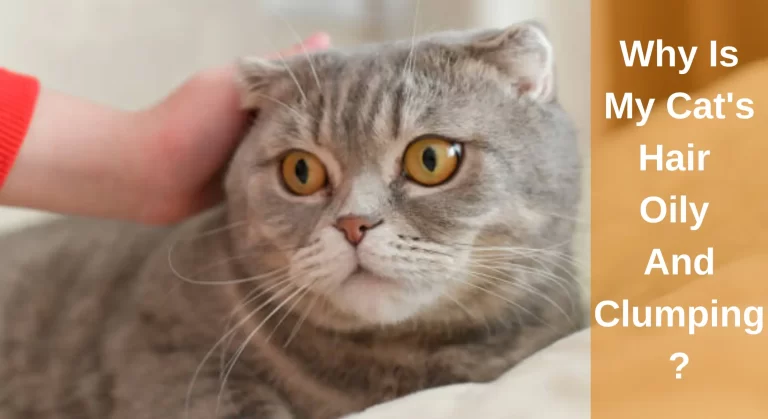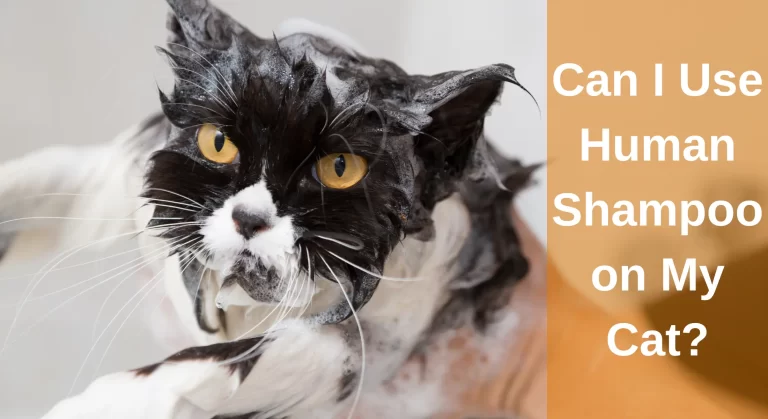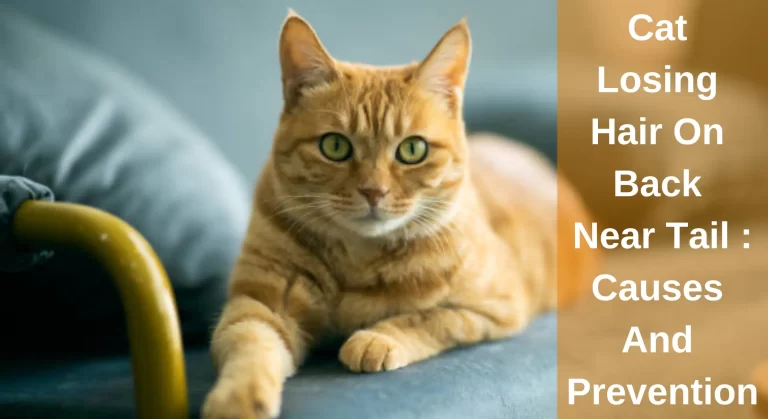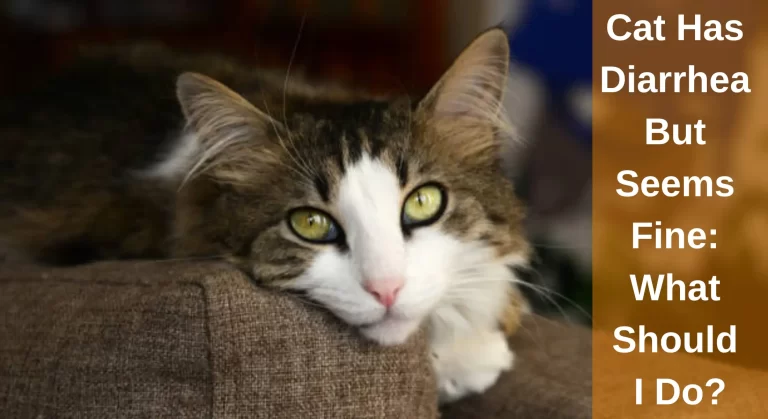Litter Box Ideas for Multiple Cats – Top Solutions
One of the biggest anxieties of cat owners is cleaning the litter box. This procedure will be more challenging if there are several cats chasing each other around the home.
Numerous cat owners have a large number of cats and are unaware of the box limits. A cat can use the same litter box several times. How many litter boxes are needed? Can they be housed together in the same area? There are several considerations to make, which may be confusing for new owners.
In this article, I’ll go through my top recommendations for a number of cat litter boxes. The number of boxes each cat needs, where to store them, and what to do if you live in a small flat is all covered in this.
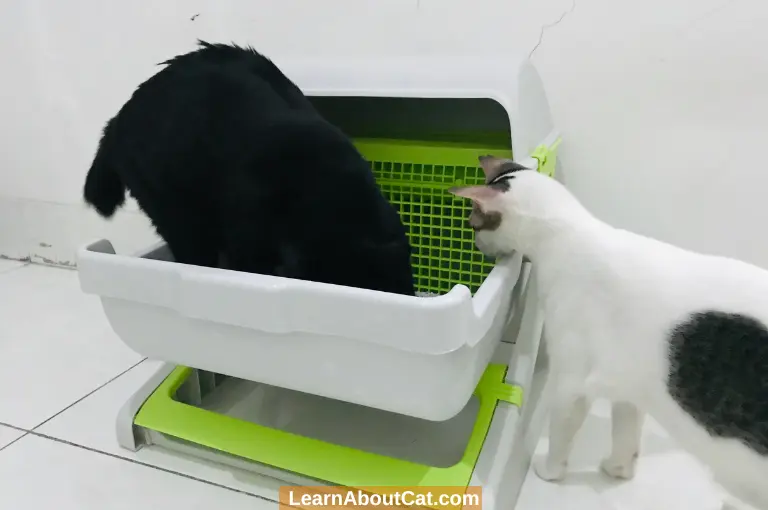
It is really fun to have several cats racing about your house. But to clean numerous litter boxes, every day is a major hassle. Therefore, even if there are kittens, don’t use a single litter box. Each cat needs their own spot to use the bathroom, and if you don’t provide them with that space, there can be a lot of trash outside of its tray.
The same general rule should always be followed: every cat requires a litter box of its own, as well as an extra litter box. This suggests that even if the litter box is dirty or the entrance is closed for any other reason, your cat will always have a place to discharge itself.
Check Out: Can Cats Find Their Litter Box If You Move It?
Why Do Cats Need Their Own Litter Boxes?
They favour orderly things. Cats are neat and clean animals while being protective and hesitant to share. A litter box used by two or more cats will inevitably get far dirtier much faster than one used by just one cat. The litter box will frequently still be too dirty by the end of the day for a finicky cat to want to use, even if you clean and replace the litter tray once a week and scoop the litter box once a day.
Cats value a clean litter box that they can use only for this purpose. Furthermore, they would rather go potty in their own mess than in the midst of the mess that the other cats in your home have made.
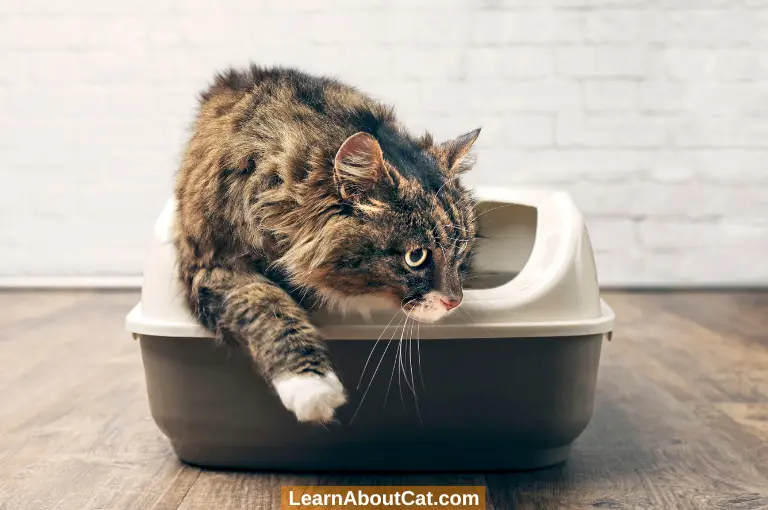
The Cat Is Territorial
Cats are territorial creatures who like defending their own territory. If they are required to use the same litter box, a fight may start. One cat is constantly in charge, and if another cat tries to unseat her, she becomes hostile. This might stress out your cats, so you should avoid doing it at home. When the second cat tries to relieve herself, the first cat will hiss, fight, or attack.
As a consequence, the second cat will feel obliged to choose another spot, which might be in any room or area of your home. To avoid worrying about sitting down in a pee pool on your couch, try giving your cats access to many litter boxes.
For Multiple Cats, How Should the Litter boxes be Arranged?
After the statistics are sorted out, it’s time to discuss location and setup. Cats cherish their privacy, despite the fact that they may not appear to be sensitive creatures, therefore placing the litter boxes in the right location may have a big impact on how often they are used. You can use the following advice to decide where to place each box.
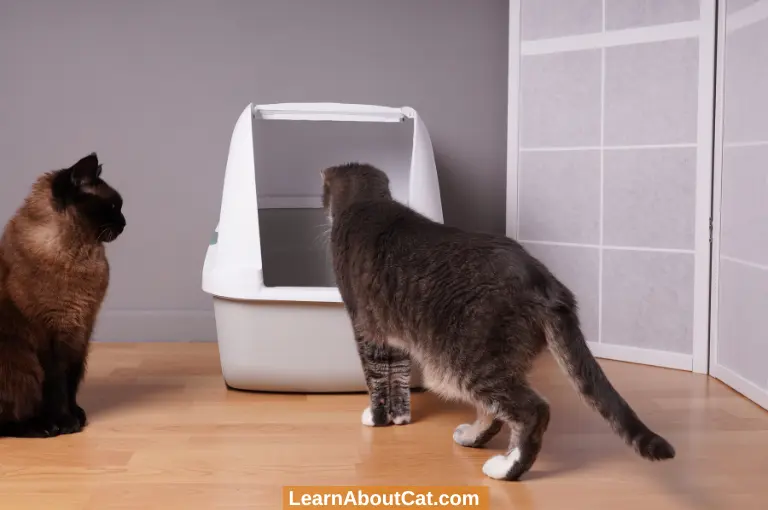
1. A Large Litter Box
Not only is each litter box big enough, but it also needs to be personalised for each cat. I really do mean huge when I say that! Did you know that a cat’s litter box should be around 1.5 times as large as the animal itself? You may have noticed that cats turn when they enter the litter box to choose the best place. If you choose a large box, they will have plenty of areas to spin and the box won’t get dirty right away.
2. Locate a Cool Place
The location of the litter boxes has to be cool and have sufficient airflow. Because the litter box will smell terrible in hot, humid conditions, the cat could opt not to use it. It is better if it is in a dark region of the room to reduce the chance of offensive smells.
3. Separated From Other Trash Cans and Litter Boxes
The litter boxes for your cat need to be separated from one another. It could be uncomfortable to have too many litter boxes close together because cats have such a keen sense of smell. Regardless of how many litter boxes you have, if your cats can smell each other’s poop nearby, it will still annoy them and invade their personal space.
Although their litter boxes can stay in the same area, try to put them on opposite sides of the room. But the best thing to do is to keep them in entirely different rooms.
4. Accessible
Furthermore, the area you choose must be accessible. What would happen if you left the package on the balcony while the door was normally shut? You did indeed read it right. Your cat will have to locate another place to discharge itself. Your cat needs to be able to find its way to the litter box swiftly and simply around the majority of furniture and objects.
If the litter boxes are frequently in the living room, they shouldn’t be maintained on the top floor of your house. Considering how long it will take them to get there, your cats may have accidents. a location that is convenient to visit.
5. Away from Traffic
The cats can decide to use another part of the house if the litter box is put in a busy area. As I’ve already mentioned, cats value their privacy, particularly when using the lavatory. Because of this, their litter boxes should be positioned in a serene, empty space where they may relax and feel at ease.
Due to the high volume of activity in these regions, these boxes are frequently positioned in the corridor or entryway. Try to choose a serene, calm location where people won’t be bothered by guests or other people. If you have a home, give your cats a place to call their own in an empty room.
6. Omitting Aliments and Fluids
You must keep your cats’ litter boxes away from their food and drink, even though it might seem like common sense. Why would a cat want to use the toilet if the food was right there? When your cats are ready to eat, the smell of their own faeces and waste may put them off and keep them from eating.
Which type of litter box Do Cats Prefer—Open or Closed?
You must try to accommodate the needs of the cats that live in your house with you.
What happens if one cat loves to use a closed restroom but the other cat won’t even go near it? Getting each cat its own toilet is all that is required. To determine whether an open or closed design is better for you, think about the following basic suggestions before you spend a lot of money on a litter box that your cat might not like.
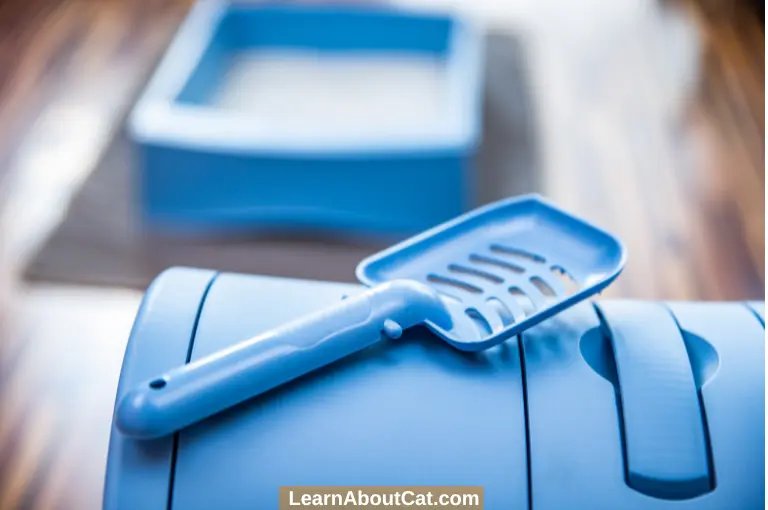
1. Closed or Open Litter box
This question has no right or wrong answers. Every cat has a distinct preferred litter box, therefore it all relies on personal preference. According to all the studies that have looked into the matter, cats don’t really give a damn.
As long as the litter box is big enough for the cat to fit inside and is maintained clean, they should happily use it. However, since they could feel restricted, some cats find it unsettling to use a litter box that is closed. You can never tell if your cats will be interested in using a covered litter box.
2. Does Gender Matter?
In general, a cat’s preference for an open or closed litter box has nothing to do with the cat’s gender. Because they are more aggressive and territorial than females, males are more likely to spray all over your house to leave their scent. If you have a male cat, you might want to consider using a closed litter box to help limit the pee within their box.
That being said, only guys partake in this behaviour. The terroir’s females may also spray! Therefore, regardless of gender, many owners consider covered litter boxes to be much superior when it comes to preserving the cleanliness of their house.
It’s possible that some or perhaps all of your cats will find it enjoyable. If your cats decide they prefer using closed boxes, utilise top entrance litter boxes. They are the best option for clearing up crowded floors and smudges.
3. Does Age Matter?
Age is significant! Older cats need special attention since they can have trouble using certain kinds of litter boxes. Older cats frequently find it difficult to access a top-entry litter box. They find it exhausting, and since many of them have joint issues like arthritis, it hurts. Even utilising a typical litter box and entering and exiting it might be painful.
Choosing a litter box for geriatric cats is very important. The cat will find it simplest to climb an open box with a low entry point. There will undoubtedly be greater demand for more regular floor cleaning, but open boxes with low sides are straightforward to locate and utilise.
The Bottom Line on Litter Box Ideas for Multiple Cats
Try to have as many toilets as there are cats plus one extra because each cat prefers privacy and a tidy litter box. Additionally, it is more hygienic to have separate toilets for each of your animal friends. Don’t worry about it having to be the most expensive one; just make sure it’s big enough and clean.
The box must be put in a quiet spot where the cats won’t be disturbed.
The empty rooms and bathroom in your house appear perfect, but the corridors are not the greatest option. Additionally, they must be able to arrive there fast.
No matter if it’s a low-sided box for elderly cats or an enclosed design for cats who spray, choosing the proper litter box for your cat is crucial. If you implement these litter box suggestions for several cats, you should notice a reduction in territorial and aggressive behaviour, fewer accidents to clean up after, and generally happier, healthier felines.
Each cat enjoys solitude and a clean litter box, so try to have as many toilets as there are cats plus one more. Additionally, it is more hygienic to have separate toilets for each of your animal friends. The empty rooms and bathroom in your house appear perfect, but the corridors are not the greatest option.
Who is Isabella?
My name is Isabella, and I am a dedicated and knowledgeable cat enthusiast. With years of experience caring for cats and a deep love for felines, I made a mission to help other cat lovers navigate the challenges of cat ownership.

